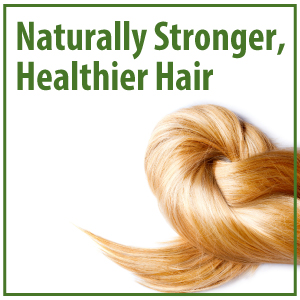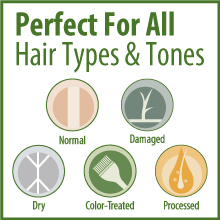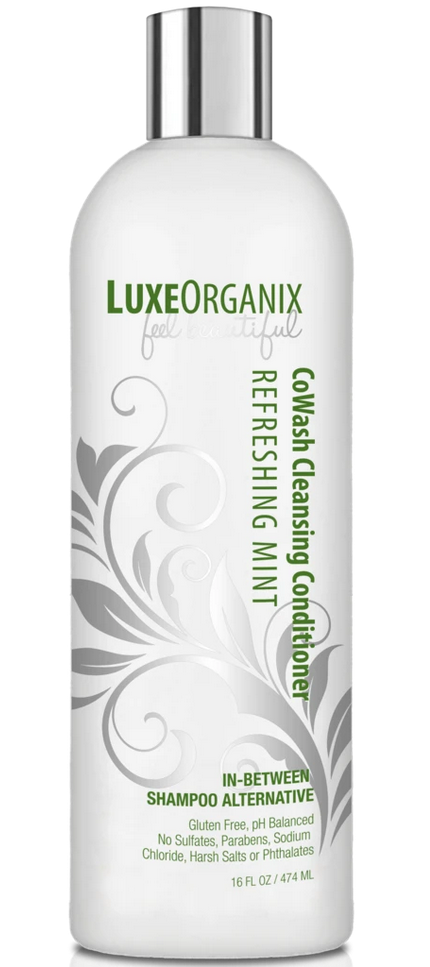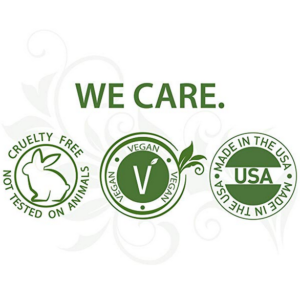This summer, for the health of your hair, give your shampoo a vacation.
We don’t mean to skip cleaning your hair, just skip your shampoo in favor of a co-wash.
And you don’t need to take the whole summer off, but a few days here and there might benefit you in ways you haven’t considered.
Men. pay attention — this is important for you, too, if you want soft, healthy, touchable hair.

Whether you’re a seasoned co-wash pro, or a relative newbie, co-washing should be on your radar. Especially in the summer, when hair can be extra dry, thanks to the sun, chlorine and salt water, hot weather, and wind.
What Is CoWashing?
So what is co-washing, and why is everyone talking about it?
The term “co-wash” is a combination of the words conditioner (“co”) and washing (“wash”). Co-washing is washing your hair solely with conditioner, or a hybrid conditioner like LuxeOrganix CoWash Cleansing Conditioner.
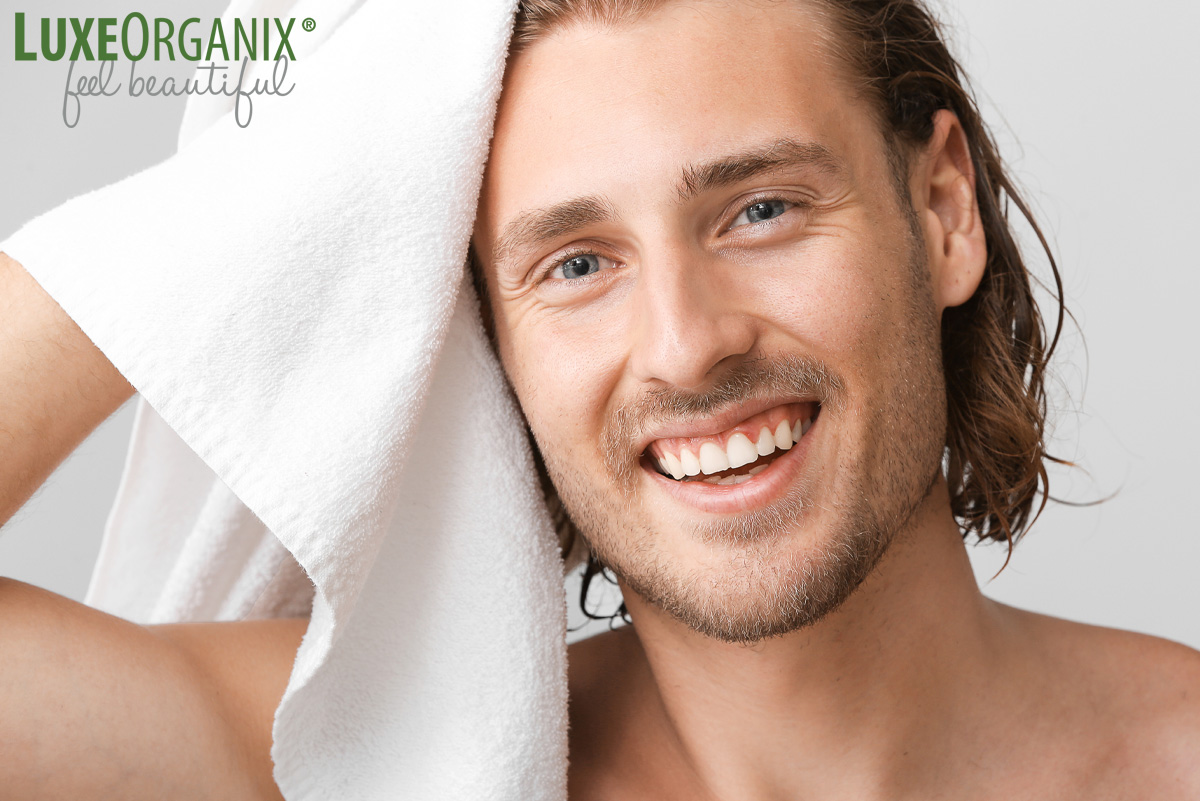
Many people who cowash claim benefits like:
- hair that feels more hydrated and healthy
- improved moisture in curly or kinky hair
- better curl definition
- hair that is stronger and breaks less easily
- softer hair
Cowashing is also helpful to those of us with a need to shampoo very often (think: gym, work, lifestyles that get your hair sweaty).
Cutting down on the number of times you shampoo may help restore your hair’s natural moisture balance, which means softer, shinier hair.
Why take a break from your shampoo?
Many store-bought shampoos include sulfates, which are detergents that not only clean your hair but strip the natural oils and moisture. Sulfates are not good. They leave your hair dry, dull, and more prone to breakage, and can cause scalp health issues for some.
Co-washing was initially created to cut down on the use of sulfates so your hair could maintain its natural moisture levels and grow healthier and more resilient hair.
Nowadays, co-washing isn’t just about skipping sulfates; it’s more about the health of your hair. Even if your shampoo is sulfate-free, like LuxeOrganix shampoos, changing up your hair care routine periodically may keep your hair more responsive to your usual products. Plus, the use of a cowash adds extra moisture to your hair, and that’s never a bad idea.
Shampoo vs CoWash
Shampoos and conditioners are created with two different purposes. Shampoos remove oils and buildup from the hair and scalp, while conditioners generally add moisture and smooth the hair cuticle to reduce frizz.
Both shampoos and conditioners, however, do share something in common: they both contain surfactants, which are substances that wash away oil and dirt.
Most store-bought shampoos contain anionic surfactants, such as sodium lauryl sulfate, which creates a lather. (Ugh! Sulfates!!) Sometimes, they contain amphoteric surfactants instead, which are milder, like those used in baby shampoos.
By contrast, conditioners usually contain cationic surfactants, such as cetyl alcohol. Rather than create lather, these substances cling to the surface of your hair, coating the follicle and smoothing it.
Because these ingredients are also surfactants, it is possible to clean your hair with products containing them. And unlike shampooing, cowashing will not strip your hair or scalp of as much moisture.
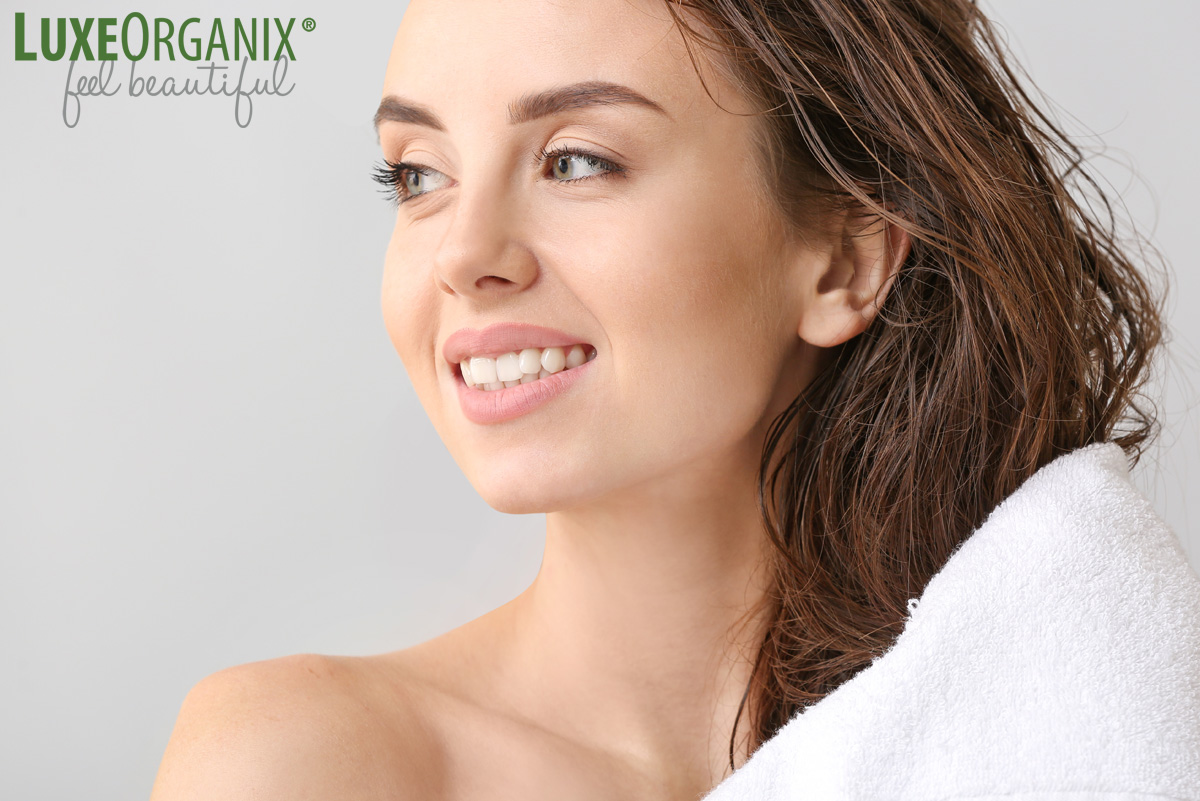
Ready to Co?
If you’re ready to give cowashing a try, pick up a cowash shampoo, like LuxeOrganix CoWash Cleansing Conditioner. Our CoWash condioner is specifically formulated to leave your hair clean, soft, and healthier.
Be sure the cowash you select includes ingredients that will benefit your beautiful locks, not harm them. Look for things like:
- Emollients (like Cetyl Alcohol, derived from coconut oil) that help to soften and smooth the cuticle and reduce frizz;
- Proteins (like hydrolyzed rice protein) that are known to strengthen hair fibers while repairing & conditioning hair.
- Humectants (like ProVitamin B5 and Lactamide MEA) which penetrate the hair cuticle and help absorb and lock in moisture.
- Moisturizers (including amino acids, aloe vera, jojoba, etc.) — these add softness and shine to your hair.
Whether you choose to use a CoWash, or your daily conditioner, be sure it’s sulfate-free. Sulfates strip your hair of essential oils and will dry your hair out.
Now that you’ve decided on a product to use, it’s time to “co!”
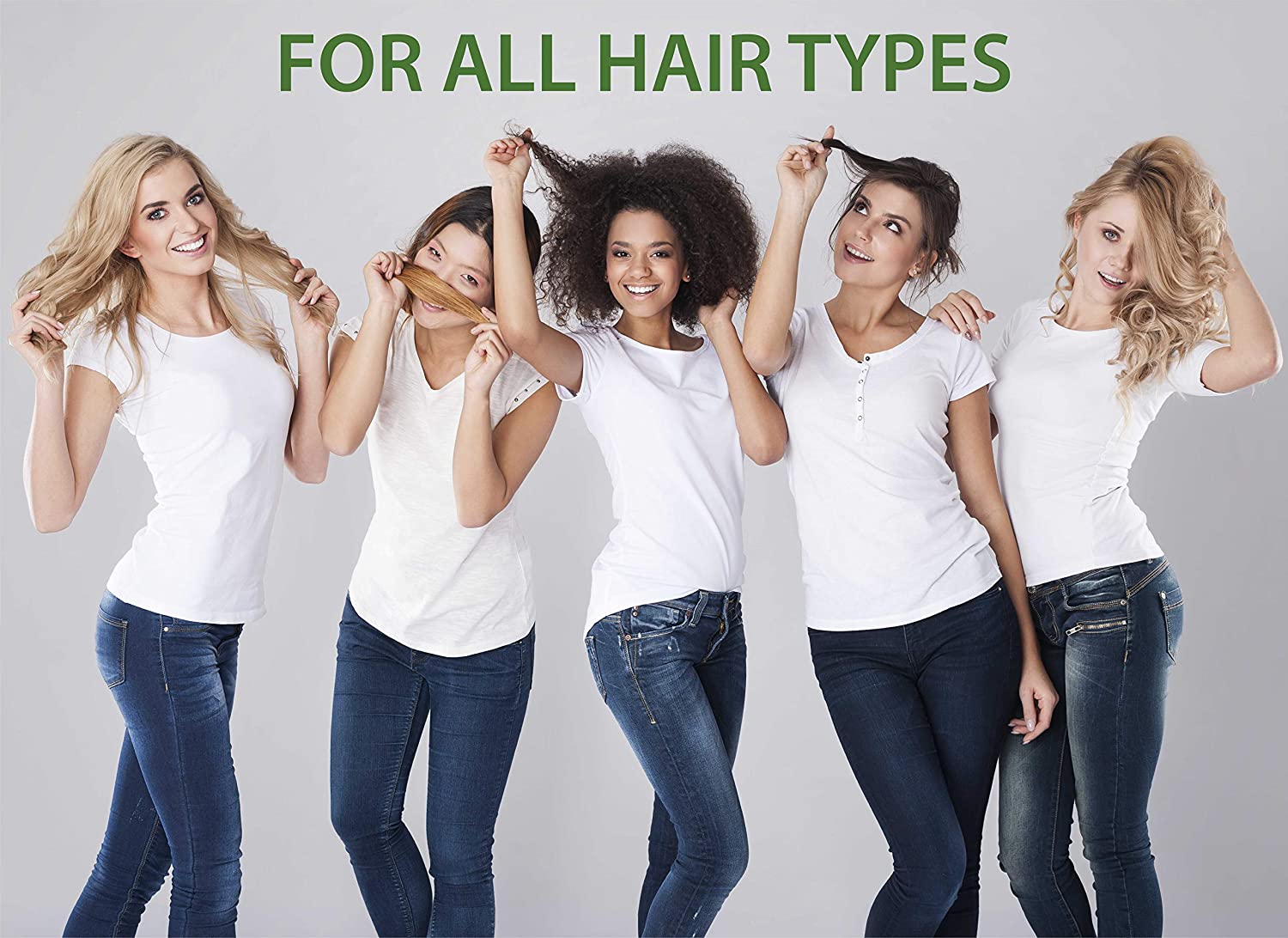
Get Co-ing!
Start by thoroughly wetting your hair, then take a small amount of your cowash and massage it into your entire scalp, using your fingertips to rub gently just like you do when shampooing. Your cowash combined with the friction of your fingertips will loosen any dirt and residue on your scalp without stripping your natural oils.
Once you’re massaged your scalp for a few minutes, rinse thoroughly. And by “thoroughly” — we mean more than you think you need to.
Next, take your regular amount of conditioner and condition as usual, carefully removing any tangles with your fingers or a wide-tooth comb. Be sure to spread the conditioner throughout the length of your hair.
Rinse your conditioner out thoroughly, too. Then dry and style as you would normally.
Note that if your hair feels greasy or heavy after you’ve cowashed, it’s likely that you did not rinse your hair completely, either with your cowash or your conditioner. Products left in your hair will attract any dirt and dust in the environment, leaving your hair feeling heavy, flat, or greasy.
Remember, you’re using your cowash days in between your regular washing, or (better!) in place of one or two regular shampoo days each week. Shampoo is still important, just not daily.
Co Your Own Way
There are no hard rules for the right way to cowash your hair. Some people cowash almost daily, while others cowash just a few times per week or month.
You are unique, so the best option for you depends on your hair type, how it responds to your routine, and your personal preferences.
Start by committing to using it twice per week, and adjust as needed.
Giving your shampoo a vacation just might be the summer break that leaves your hair softer, shinier, and healthier!
Like What You Just Read?
In case you were wondering, the following product was mentioned in this blog post.
